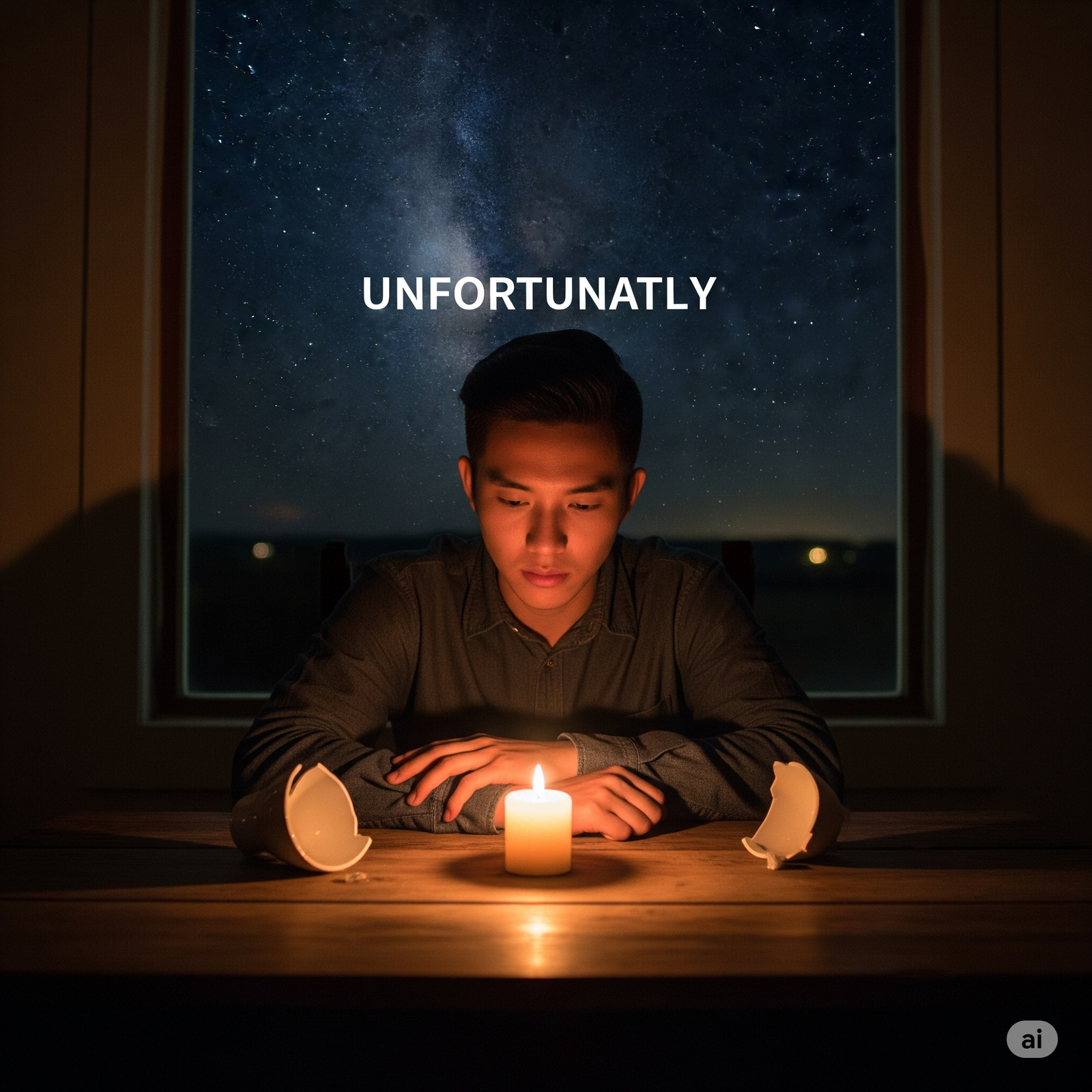Ingrid sat in the dim glow of the concert hall, belly full, beside her husband Klaus, who was immaculately dressed in his best gray suit. The last notes of a clarinet solo drifted through the air, a sweet and lingering echo. Below her, the musician, poised at center stage, concluded Mozart’s Clarinet Concerto in A Major with a flourish. Klaus tapped his fingers subtly against his knee in time with the final chords. In that moment, Ingrid allowed herself to believe things were finally changing for the better.
Not so long ago, they had burned worthless paper money just to stay warm. Hunger had been a constant companion, gnawing at their ribs. But tonight, they had dined with wine, savoring a meal they had once thought forever beyond their means. The orchestra’s melodies wove through the air like a promise of a new era, one where the cold specter of deprivation no longer haunted them.
A reporter waited outside the concert hall, his pencil at the ready. As Klaus led Ingrid through the crowd, the journalist pushed forward eagerly.
“Ma’am, ma’am! How was the performance? A quote for the Times?”
Klaus made to wave him off, but Ingrid, uncharacteristically, stopped him. This was a night of celebration, of small indulgences. Why not speak?
“Please write: it was a perfect night.”
The reporter scribbled, nodding with satisfaction before disappearing into the sea of evening coats and murmuring voices. Ingrid smiled to herself as she imagined the headline: An elegant lady, glowing in the wake of the magnificent performance, described it as ‘a perfect night’ at the Berlin Philharmonic…
The thought carried her as they walked through the crisp November air, arm in arm. But then Klaus halted abruptly, his grip tightening around her fingers. She looked up at him, puzzled. His gaze was fixed westward, across the Tiergarten. His usually composed expression was troubled.
A faint acrid scent drifted toward them. Ingrid followed his line of sight and saw a glow in the distance—an amber haze against the night sky, like an unseen sun rising from the ground.
She shivered. “Let’s go home,” she whispered, tugging his arm. Klaus hesitated, but then, with a deep breath, turned and led her onward into the dark.
Morning brought a chill that no tea could fully dispel. Ingrid stood at their flat’s window, her nightdress clinging to her frame, hands wrapped around a steaming cup. Below, the street glistened—not with dew, but with shattered glass.
The bakery a few buildings down, the one where she often stopped for fresh bread, was ruined. Its windows were hollow frames, its doorway blackened by soot. Ingrid’s brow furrowed. As her gaze swept further, she realized the destruction was not isolated. Nearly every shop bore the same wounds—glass carpeting the cobblestones like tiny frozen lakes, store signs torn, metal shutters bent and twisted.
Neighbors moved through the wreckage, sweeping, gathering, trying to erase the night’s violence with tired, determined strokes. Ingrid frowned. The glass would be terrible for automobile tires.
Behind her, Klaus stirred in the bed, shifting beneath the tangled sheets.
She reached instinctively for the radio and flicked it on. The smooth, authoritative voice of the Reichs-Rundfunk-Gesellschaft filled the air.
“This is the RRG. It is November 11th. Last night, spontaneous manifestations of indignation against the murder of Herr Vom Rath by the young Jew Grynszpan erupted across the Reich. Several fires broke out but were swiftly extinguished by our brave responders…”
Ingrid’s fingers tightened around her cup. The radio droned on, its tone calm, practiced, unwavering.
She turned her gaze back to the street. The broken glass sparkled in the morning light, beautiful in a way that made her stomach twist.
The perfect night had ended.




